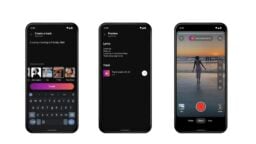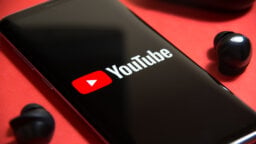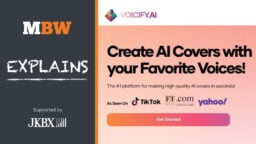While YouTube swats away major label criticism, anger amongst the artist community over royalties paid out by the video giant is steadily getting louder.
Last month, the likes of Katy Perry, Deadmau5, Fifth Harmony, Christina Aguilera, Cee Lo Green, Garth Brooks, Jon Bon Jovi, Lionel Richie, Steven Tyler, Pete Townshend, Rod Stewart and Elvis Costello all signed a petition to reform the DMCA (Digital Millennium Copyright Act) in the US, commenting that the current legislation “threatens the continued viability of songwriters and recording artists to survive from the creation of music”.
Their target: the ‘safe harbor’ provisions contained in the DMCA, which enable sites such as YouTube not to be held legally responsible for copyright infringement taking place on the platform.
The threat of a sea of unlicensed music content existing on YouTube appears to work strongly in Google‘s favour when it comes to negotiating licensing deals with music rightsholders like the major labels.
The artist group’s letter, filed with the US Copyright office on March 31, was also co-signed by Barry Manilow, Bryan Adams, the estate of Count Basie, Bootsy Collins, Mick Fleetwood, Babyface, John Mayer, Pearl Jam and Bernie Taupin.
It warned: “Music consumption has skyrocketed, but the monies generated by individual writers and artists for that consumption has plummeted.”
Now, both Blondie’s Debbie Harry and Mötley Crue’s Nikki Sixx have added their names to a growing throng of artists raising public concerns over safe harbor, and its corrosive effect on artist payments from digital services.
“They’re hiding behind this safe harbor loophole. That’s allowing them… to not take care of artists.”
Nikki Sixx
According to the New York Post, Harry will this week urge President Barack Obama to issue an executive order to ‘close the so-called safe harbor loophole’.
And Sixx, now fronting band Sixx:AM as well as a successful career as a music radio DJ, has urged YouTube to “do the right thing” over artist royalty payouts.
“YouTube is paying out about a sixth of what Spotify and Apple pay artists,” Sixx told the Guardian.
“We are not telling them how to run their business. We’re saying treat artists fairly the way other streaming services are. And by the way, we are a big part of what built your business: music is the No 1 most-searched thing on YouTube.”
He added: “They’re hiding behind this safe-harbor loophole. That is allowing them the freedom to not take care of artists.”
The addition of Harry and Sixx to the group of artists protesting YouTube’s payouts and its safe harbor protection begs the question: Who’ll be next?
Last year, Taylor Swift lambasted Apple Music in an open letter for its decision not to pay artist royalties during its free trial period.
As a direct result, Apple’s Eddy Cue personally reversed the policy, publicly apologizing to Swift and her fellow musicians.
Due to safe harbor, it is currently incumbent on managers and labels to file individual takedown notices with Google-owned YouTube for videos that infringe on artists’ copyright.
YouTube argues that its Content ID system has been “built to ensure that record labels, managers and others don’t only have to rely on DMCA notice-and-takedown tactics to get infringing content removed”, claiming that since January 2014, over 98% of all YouTube copyright removal claims have come through Content ID.
YouTube told the US Copyright Office earlier this month that the argument the DMCA has directly resulted in a ‘value gap’ hurting artists and labels is ‘completely false’.Music Business Worldwide





